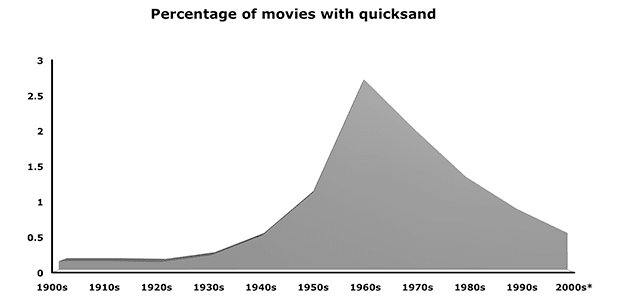Over a decade ago ago, I wrote a post titled No more daft women! about one of my pet peeves when watching police procedural shows. While I like the detective and suspense story genre in general, one thing that annoys me is the use of a common trope and that is to have a female character, despite being expressly warned to be careful, do something unbelievably stupid that puts her life and the lives of others in danger. The ‘daft women’ phrase was inspired by Alfred Hitchcock asking “Is the woman daft?” to a screenwriter who was describing just such a development when they were working on The Birds.
But what is worse is when detectives, who should definitely know better, do something similar. I noticed this in two shows that I watched recently. In the first, two detectives investigating multiple missing persons whom they suspect were victims of a serial killer, stumble across a trapdoor covered by earth and leaves in the woods and upon lifting open the heavy lid, discover steps leading down and an awful stench emanating, suggesting the presence of decomposing bodies. So what do they do? Do they call for backup? Does one detective stay on guard outside while the other goes down? After all, the killer might be lurking nearby. No, they both climb down into the hole. If the killer had been around, all they would have had to do was simply close the lid, cover it up, and the two detectives would have joined the list of missing persons. Daft detectives.
[Read more…]

